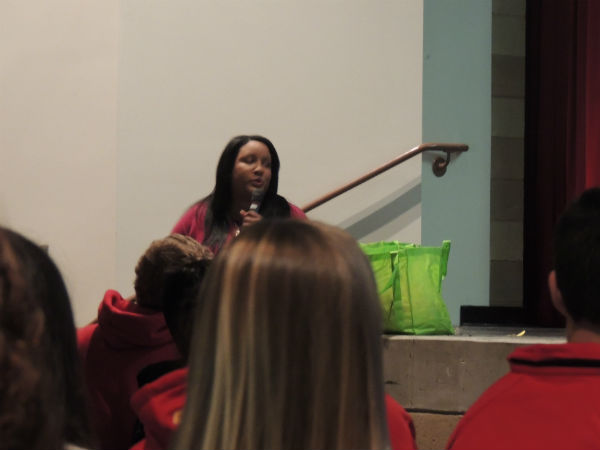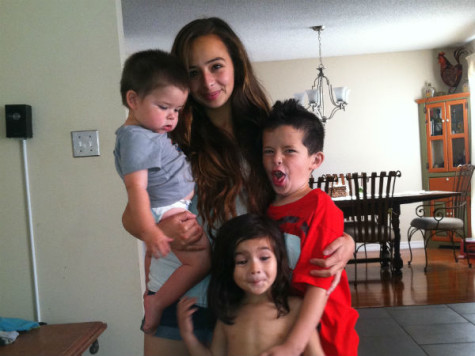If you have your driver’s license or permit, you might remember the DMV clerk giving you a piece of paper asking if you want to be an organ donor. If you checked ‘yes’, it means that if something were to happen to you, they could give your organs to someone who desperately needed them. If you checked no, why is that? Were you not well informed about what that piece of paper really meant?
Teena Webster and Nina Hammond spoke to science classes on Feb. 7 and 8. They represent Life Sharing, an organization that informs teens about what it really means to be an organ donor. According to Nina Hammond, as of Friday, Feb.8, approximately 117,000 people were on the national organ waiting list; more than 1,700 of those are younger than eighteen years old. In San Diego this year, 76 people will die waiting for an organ that will never come.
By signing up to be an organ donor, if anything should happen to you, your organs can save the lives of up to nine people. One liver alone can be given to two people; doctors are able to split one liver into two parts and give it to two people because the liver will regenerate on its own.
If you just check yes on the paper when you have the chance, you could make a huge difference to someone and their family.
That’s what Teena Webster’s son Aaron did when he was given the chance. When Teena took her 16 year old son to apply for his permit, Aaron asked her to explain to him what the organ donor paper meant. When she explained what the paper meant, Aaron said, “Why doesn’t everybody do this?”
Three years ago Aaron Webster died from a car accident; he was only 20. While driving late at night around midnight in Arkansas, he moved his car over to make room for another car that was too close to him. One of his tires hit something in the road. His car flipped, and Aaron hung upside down in his car till help arrived. Thirty-six hours after the accident, eight of Aaron’s organs found people they could be given to.
Teena Webster still keeps in touch with the people who her son’s organs were given to. One of the people who received an organ from Aaron was a father who had three-year-old son. He didn’t think he was going to make it to see his son’s fourth birthday. After he received an organ from Aaron, Teena Webster saw a picture on Facebook of the man taking his son to his first day of Kindergarten.
Another person who received an organ from Aaron was a little nine-year-old boy, who wanted to play baseball but couldn’t until he received the best gift he could’ve hoped for from Aaron. Since he has gotten his new organ, the boy has been baptized and is playing baseball. One day he did a backflip for Teena to show her how much the organ has changed his life.
Nina Hammond and Teena Webster go from school to school, explaining organ donation and telling the story of Aaron in hopes that people will change their mind about what it means, and hopefully check yes on the paper. Checking ‘yes’ could change a person’s whole life.






















































